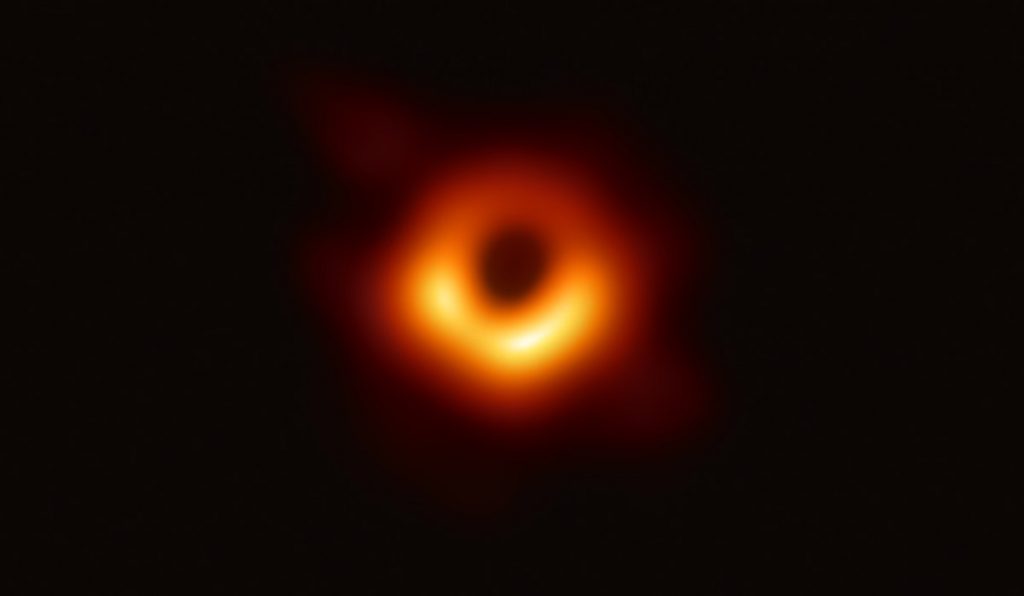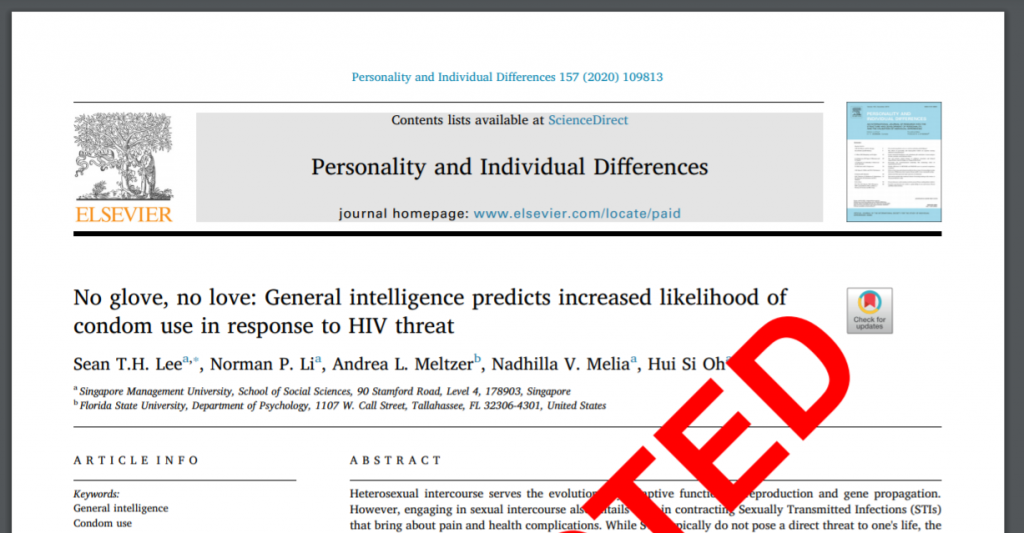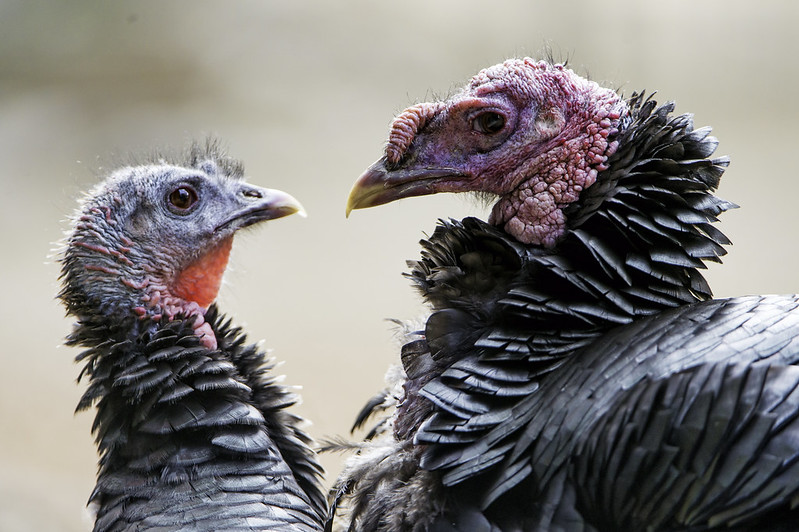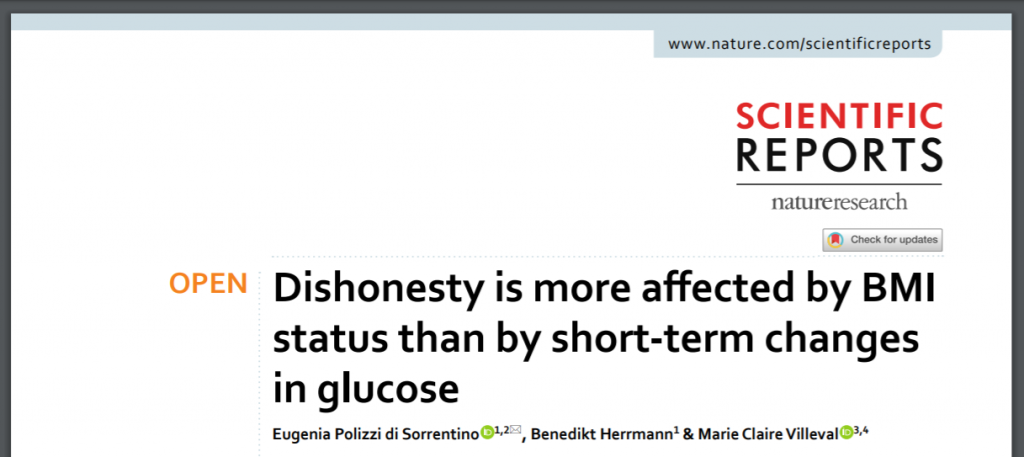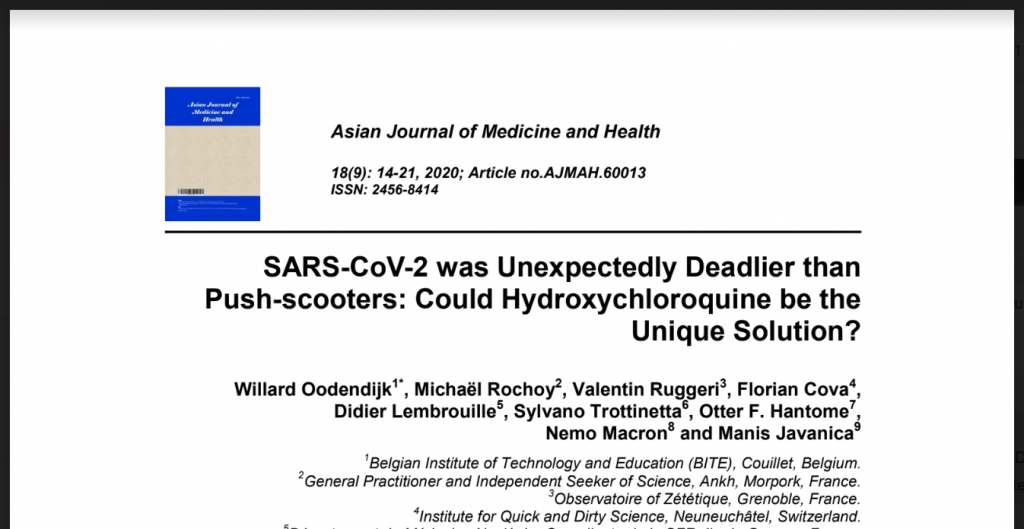
A controversial psychologist has lost a bizarre paper which claimed that men who carry guitar cases do better with the ladies.
The article, which had appeared in the journal The Psychology of Music in 2014, was one of many papers by Nicholas Guéguen that have raised eyebrows among his peers and some data sleuths — notably James Heathers and Nick Brown — who believe the results don’t withstand scrutiny.
Guéguen, of the Université Bretagne-Sud, in France, was the subject of a misconduct investigation that in 2019 cleared him of wrongdoing. That finding came shortly after, as we reported nearly a year ago to the day, he lost a 2014 paper in the Archives of Sexual Behavior on how high heels really do make women sexier:
Continue reading Heard about the study claiming men who carry guitar cases are more attractive? It’s been retracted.